
- cart Free Trial
Book your Bespoke Consultation Now! Book Consultation
CHANGING THE NARRATIVE
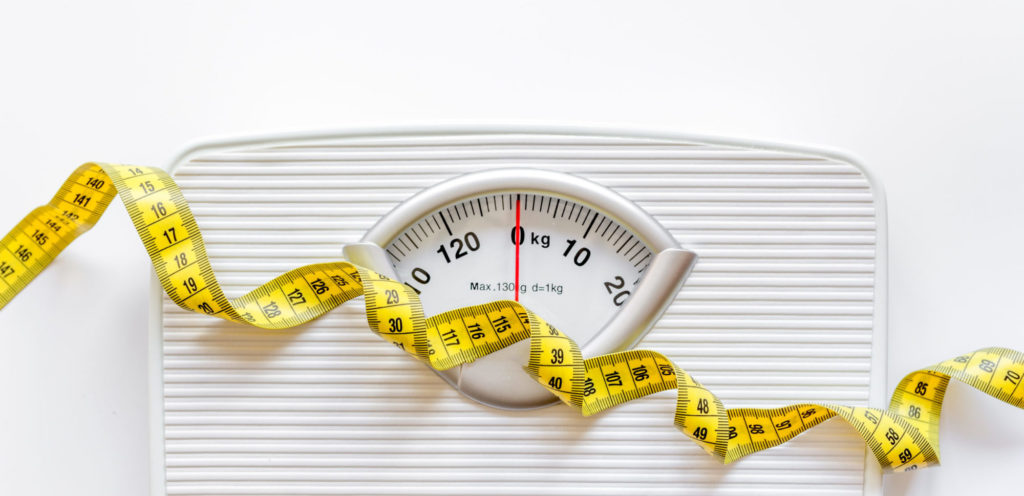
The definition of a healthy weight is a complicated one…
With so much emphasis on losing weight these days, people are often trained to believe that no matter what their weight is, it is not good enough.
There is no one-size-fits-all formula to indicate how much you should weigh. “Healthy” can look different for each of us, and it can change as we get older.
Here are a few things you might want to consider before you decide whether to lose weight or not…

It can be frustrating when you make healthy living a priority, but aren’t able to lose weight.
Rather than jumping straight into cutting more calories, or increasing your activity, it may be more efficient to analyse your current habits and see where you can make small incremental changes.
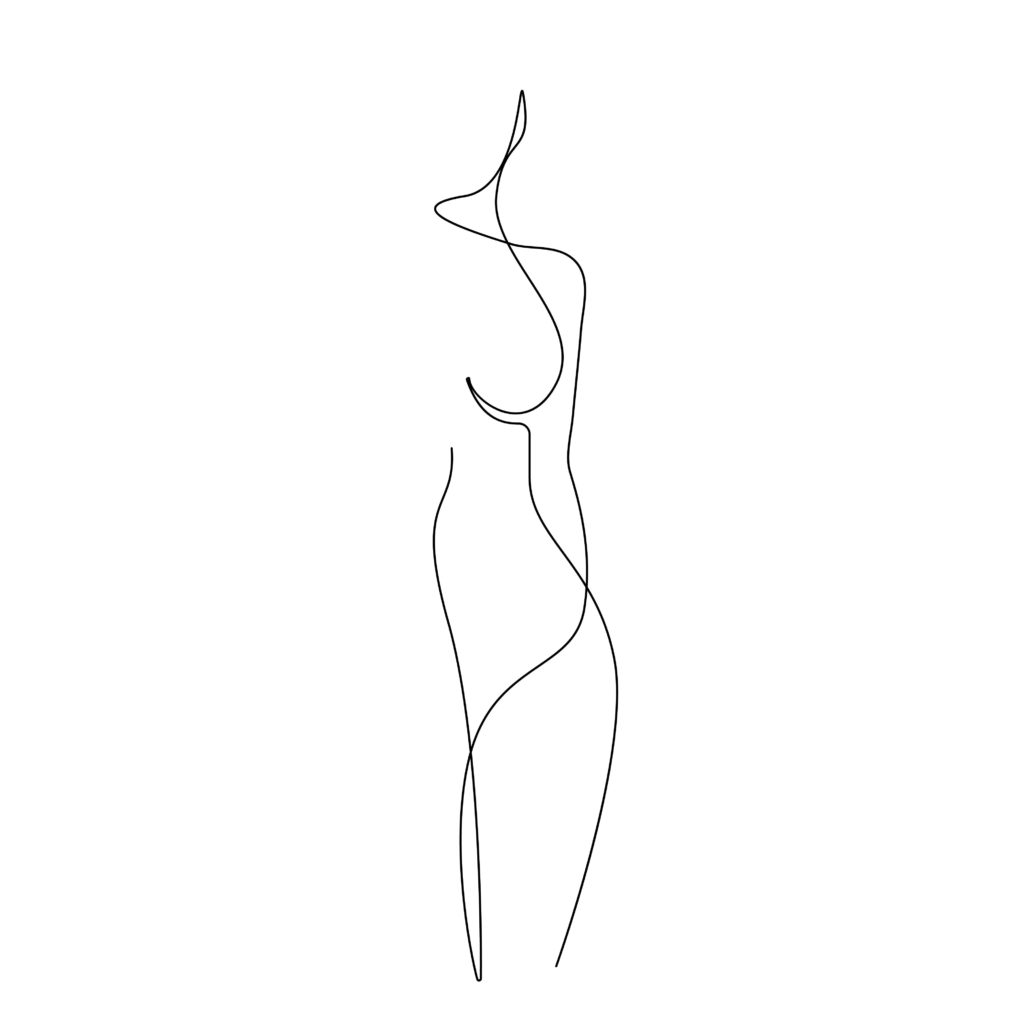
Ensure you are:
Meeting minimum activity levels through the course of your week.
Keep your body active, strong and mobile. This. will reduce the risk of joint pain, cardiovascular disease, manage stress levels and even get better sleep. Here are some ways to get started:
Following a balanced diet for your body to work effectively and help you to fuel your fitness goals.
Adequately hydrating – lack of water causes lethargy, poor concentration and can later lead to issues with indigestion.
Sleeping 7-9 hours per night. Sacrificing sleep here and there affects your mood and concentration the next day. Centres for Disease Control and Prevention suggests that cutting back on sleep long-term may put you at increased risk of high blood pressure and obesity.

If you can typically get through the day without downing four cups of coffee or endless caffeine-packed energy drinks, you’re probably at a healthy weight and following the basic healthy habits as outlined above.
Research has shown people at a healthy weight are also less likely to experience excessive daytime sleepiness than obese individuals.
If you do experience daytime sleepiness, assess your current sleep patterns before deciding whether it is your weight you need to change.
There are many sleep self-assessments online. You may already know your sleep could be improved based on the quality of sleep you get and how rested you feel when you wake.

When most people think about maintaining a healthy body weight, things like fitting into a particular clothing size may come to mind. But as we know, it is about so much more than your outward appearance.
This is about your overall health – factors like your resting heart rate can be a better indicator of your overall health than your scale weight.
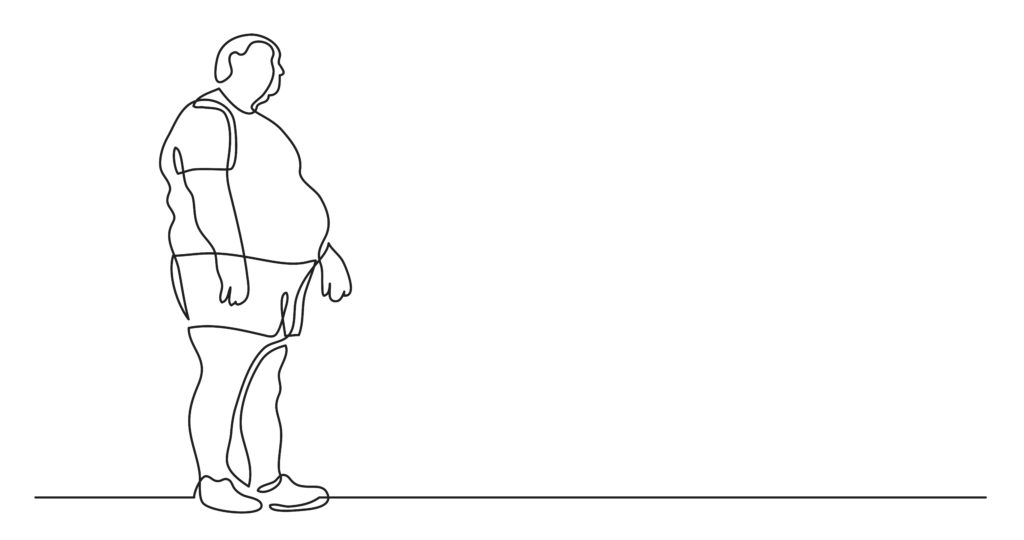
British Heart Foundation says a healthy range is between 60 and 100 beats per minute with the lower the number generally indicating better physical fitness, independent of weight. It is very common for highly trained individuals to have resting heart rates of 50 or below.
Measuring your resting HR can be done using a wearable device such as an Apple Watch or Fitbit. If you don’t have one, you can just find your pulse at your wrist, count the number of beats for 15 seconds, then multiply it by 4 (this is best done first thing in the morning).
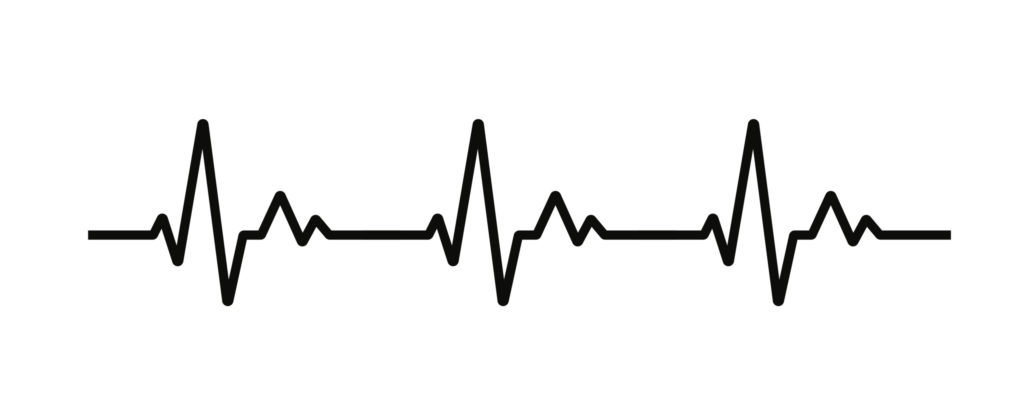
The National Heart, Lung and Blood Institute says if you carry more of your excess fat around your middle, instead of your hips, you may be at a higher risk of heart disease and Type 2 Diabetes.
A healthy waist circumference for men is less than 40 inches, and for women is less than 35 inches. However, there are other factors to consider. If this is an area you would like to know more about, seek additional guidance from a healthcare professional.

Dieting can actually cause mental and emotional harm. Before you dive in, take a minute and assess your current efforts.
If you’ve been consistently working out and eating right but the scale just is not budging, this could signal that your weight is right where it should be.
If you feel like you really could not eat any better or exercise any longer or harder, you could end up negatively impacting other areas of your life. Examples include:
Plus, a healthy body needs some fat, which contains essential nutrients. Your body uses dietary fat to make tissue and manufacture biochemicals, playing a key role in the release of hormones. Fats in your diet are sources of energy that also add flavour to food.
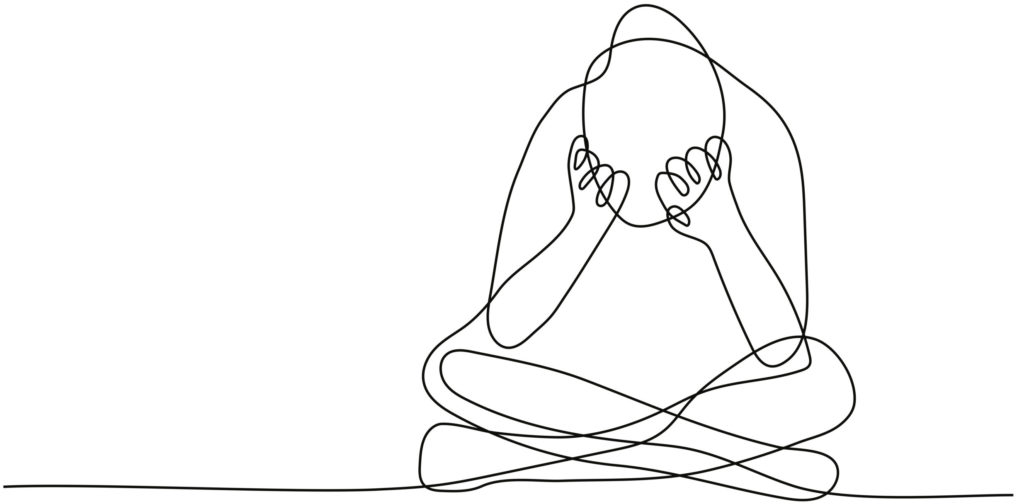
Not everything can come down to where your BMI sits, or where you place on a healthy weight chart.
There are other non-tangible results that should be considered – such as your happiness.
Remember this – your “ideal” body may not be the one where you feel and perform your best.
Once we go past a certain point and into unhealthy levels of body weight (low body fat) our bodies will start to conserve energy to maintain essential functions like organ function and breathing. Thus, there will be less energy available for daily life.

It goes without saying, we can all be healthier, but your health encompasses so much more than just your weight.
Hopefully we’ve inspired you to reflect on small areas of improvement that you can begin working on right now. To help you move in a healthier direction, find balance and improve your quality of life.